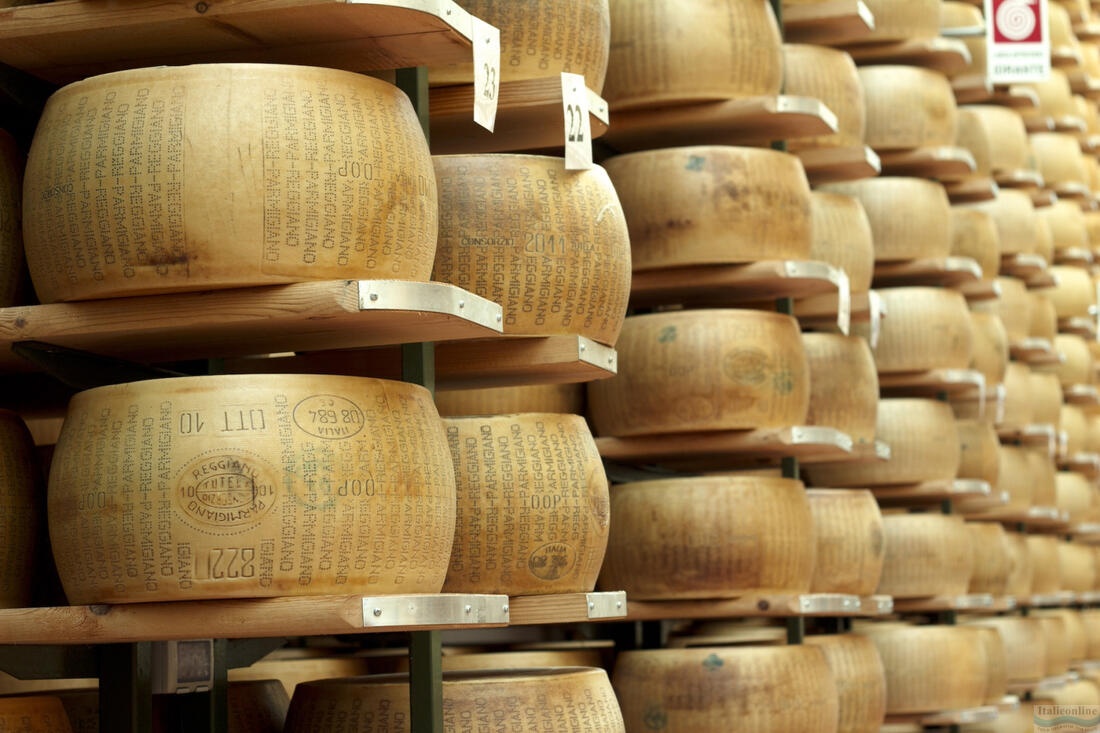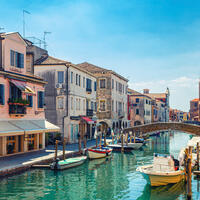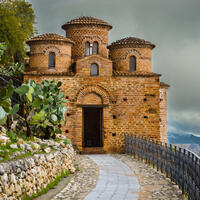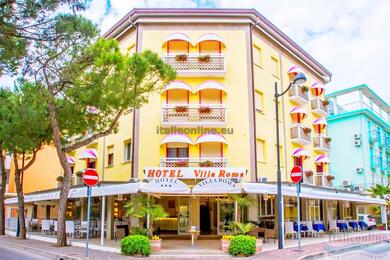History and Origin
Parmigiano Reggiano, often called the 'king of cheeses', is a hard, grainy cheese that is madeit is made in specific areas of Italy - mainly in Parma, Reggio Emilia, Modena, parts of Bologna and Mantova.parmigiano Reggiano is therefore protected by the European Protected Designation of Origin (PDO), which means that only cheeses made in these specific areas and using traditional methods can bear the name.
The history of this cheese dates back to the Middle Ages, when Benedictine and Cistercian monks began to use surplus milk to make long-life cheese. The first written references to Parmigiano Reggiano date back to the 13th century.
Production
Parmigiano Reggiano is made from unpasteurised cow's milk, which comes only from cows fed on local grass and hay. The cheese-making process begins by mixing the evening and morning milk, which is left to stand to separate the cream. The milk is then heated in large copper vats and rennet and whey cultures are added. This is followed by the process of curdling and then cutting the curd, which is heated and stirred until it reaches the desired consistency.
After this stage, the curd is placed in a mould where it is pressed and salted, usually using a salt bath. The cheese is then left to mature for at least 12 months, but often much longer. During the ripening process, the cheese is regularly checked, turned and cleaned.
Characteristics
Parmigiano Reggiano has a firm, grainy texture and an intense, rich flavour with nutty and fruity notes. Older cheeses (24 months and over) have a stronger flavour and a more delicate texture. Younger cheeses (12-18 months) are softer and more delicate. Each wheel of cheese is marked with a unique identification number and the Parmigiano Reggiano brand, which guarantees the origin and quality of the cheese.

Parmigiano Reggiano is not only tasty but also healthy. It is rich in protein, calcium and phosphorus and also contains vitamins A, B2 and B12. The long ripening process makes this cheese easy to digest and suitable for lactose-intolerant people, as the lactose is almost completely broken down during the ripening process.
Use in the kitchen
Parmigiano Reggiano is a versatile cheese that is widely used in Italian cuisine. It is grated on pasta, risottos, salads or soups, but can also be eaten on its own as a delicacy. It is also a key ingredient in the traditional Italian pesto.







